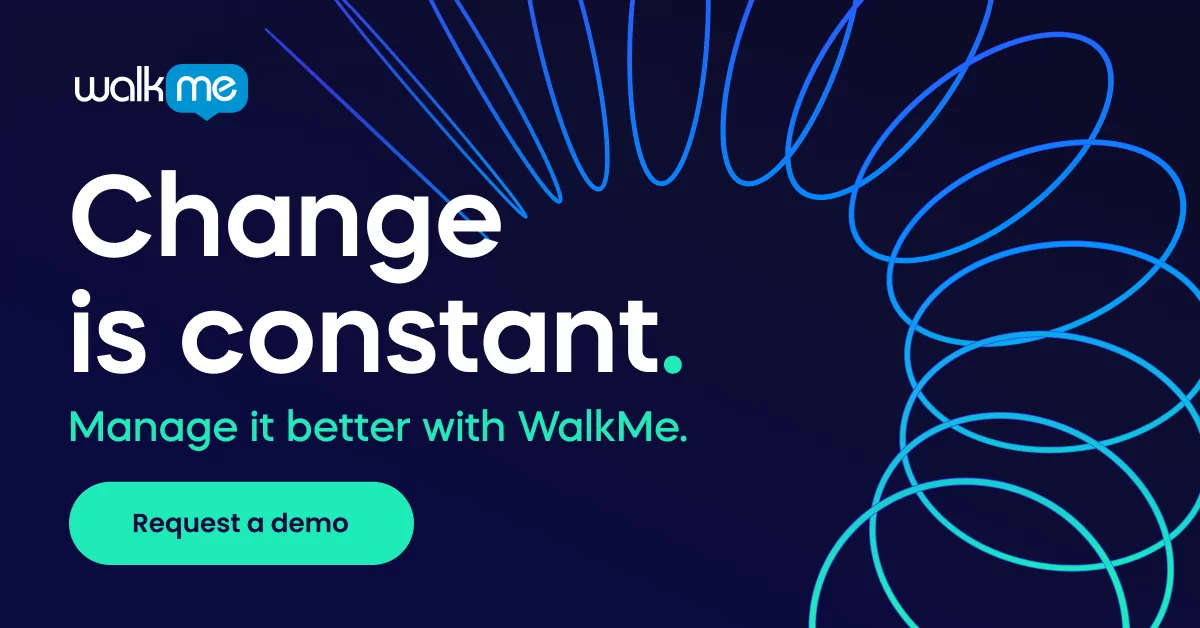Practicing CIO interview questions and answers is one of the best ways to ensure that the interview goes smoothly.
Naturally, every interview will be unique and the questions will vary from manager to manager.
However, by understanding what interviewers are looking for and rehearsing answers beforehand, it will be much easier to answer appropriately and confidently.
Below, we’ll look at some of the most important types of questions for which to prepare.
20 Questions
Here are interview questions to expect in a CIO interview, organized by topic:
IT
CIOs manage IT departments, teams, and investments, so several questions will be designed to test a candidate’s understanding of digital technology.
Though some questions may assess knowledge of specific IT systems or technologies, most will be centered around higher-level concepts, such as IT management or digital strategy.
Here are a few examples:
- How should our organization evolve to keep up with digital technology?
- How do you define digital transformation?
- What metrics do you use to track IT services and systems?
- How do you evaluate the pros and cons of new IT investments?
- What will the digital landscape look like in three years?
In the past, the bulk of interview questions may have revolved around questions such as these.
As we will see below, the role of the CIO has evolved and it will play a more central role in an organization’s strategy. More questions, therefore, will be devoted to topics such as leadership, project management, and people management.
Leadership
CIOs are being increasingly relied upon to manage and lead teams, as well as digital initiatives, such as digital transformation programs.
Interviewers, usually other senior executives and department leaders, will therefore ask questions designed to assess the prospective CIO’s leadership potential, managerial experience, and soft skills.
Here are a few examples:
- How do you keep employees engaged and productive?
- How do you manage conflict in a work environment?
- How would you describe your leadership style?
- How do you manage change in the workplace?
- What is a strategy for minimizing resistance to the adoption of new technology?
Not all enterprises will have the same expectations of their CIO – some will require more managerial and leadership skills than others.
However, research from firms such as Gartner has shown that CIOs are being increasingly viewed as strategic business executives, not just operational delivery executives.
Qualifications and experience
As with any interview, a number of questions will focus on the candidate’s experience and qualifications.
Here are a few questions that interviewers might ask in relation to those attributes:
- Why are you qualified to work as our CIO?
- Give one example of a project that you successfully implemented. How did you contribute to that project’s success?
- What is your biggest strength?
- What is your biggest weakness?
- Provide an example of a project that you worked on that failed. Why did it fail and what could have been done differently?
When answering questions about experience, it is best to focus less on duties and more on accomplishments. Productivity and results, after all, are really what interviewers are attempting to assess through these types of questions.
Company and culture
It is equally important for interviewers to determine whether a candidate is a good fit for the organization’s culture and mission.
Questions that cover this area can include:
- Why do you want to work for our company?
- How do you vet new employees?
- In what type of company culture do you thrive?
- Should IT play a role in shaping a company’s culture?
- How do you see the role of IT changing in the years ahead?
In short, these types of questions will help both interviewers and interviewees learn how well their values and visions are aligned and, ultimately, how well they will work together.
3 tips to help you ace the interview
Proper preparation is key to having a successful interview. Knowing which questions potential employers will ask is a good start, but that is only the foundation.
Here are three steps to take once an interview has been scheduled:
Study interview questions, formulate answers, and practice. Rehearsing answers beforehand will give you a bank of ideas to draw from during the interview. It will also help you craft answers that are more articulate, specific, and appropriate while reducing the chance that a question will take you off guard.
Be ready to ask questions. Asking questions at an interview accomplishes several important goals. On the one hand, it helps you evaluate the job opportunity and determine if it is the right fit. On the other, it demonstrates your interest in the role and your thinking process.
Research the company in depth. The best answers are those that are custom-tailored to the organization. The more that you understand the business, the easier it will be to create answers that meet interviewers’ expectations and the company’s needs.
The questions listed in this article can serve as a good place to begin when preparing for an interview. However, they are only one piece of the larger puzzle.
For best results, research the company and the job description. That information can help you more exactly predict the kinds of questions that will be asked during the interview and make all the difference once you’re there.
(If you are applying, or interviewing, for a CIO position, we hope this helped and wish you the best of luck!)


